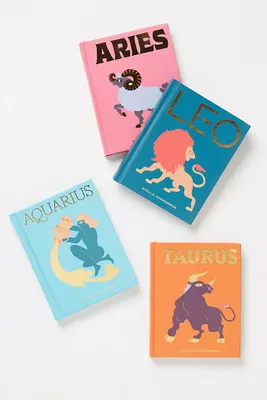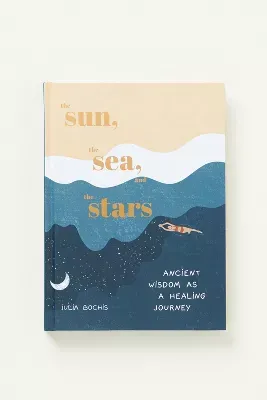Home
The Old Man Who Threw Stars: A new adaption of an old story



The Old Man Who Threw Stars: A new adaption of an old story
Current price: $12.50
Loading Inventory...
Size: OS
The Old Man Who Threw Stars is a new adaptation of a folk tale from the traditions of the FarEast. These traditions deal, among other things, with the ability to experience the world with allof one's senses, every moment; to live in the here and now.Translating to a modern Western language, we may refer to this concept as mindfulness, whichsupports consistently working on the ability to exhibit focused, non-judgmental attention on theexperience of the here and now.The old man in the story experiences the moment, as demonstrated by his motions and actions,and thus he manages to carry out small but significant acts, even if the overall task may be infinite.His ability to focus on the here and now is very different from the constant deluge of information,stimuli and experiences which characterizes our contemporary life. This never-ending torrentoften causes difficulty in concentration, leading to feelings of stress and loneliness, and even tophysical maladies such as obesity and other diseases.After reading the story, a group may discuss it on a number of planes.1. The ability to live in the here and nowThis refers to paying attention to what one feels at every given moment.In the story, try to recall the description of walking on the beach. Which senses are involved?(Consider: seeing the blue skies, feeling the light breeze from the ocean or the sand under one'sfeet; hearing the cries of the seagulls.)Now, go outside. Each time, choose a sense, and after experiencing it for a few minutes, moveon to the next sense. Then share the experiences. (For example, cover your eyes with a cloth andexperience the world using hearing; afterwards, neutralize other senses and experience by wayof sight, smell and touch.)On the other hand, consider the line "Suddenly she notices thousands of starfish on the beach, all22around" - even though they are there the whole time, the girl only takes note after encounteringthe old man. Discuss this in small groups: Does this also happen to us? Do we sometimes notnotice the things around us? What does allow us to pay attention?


















